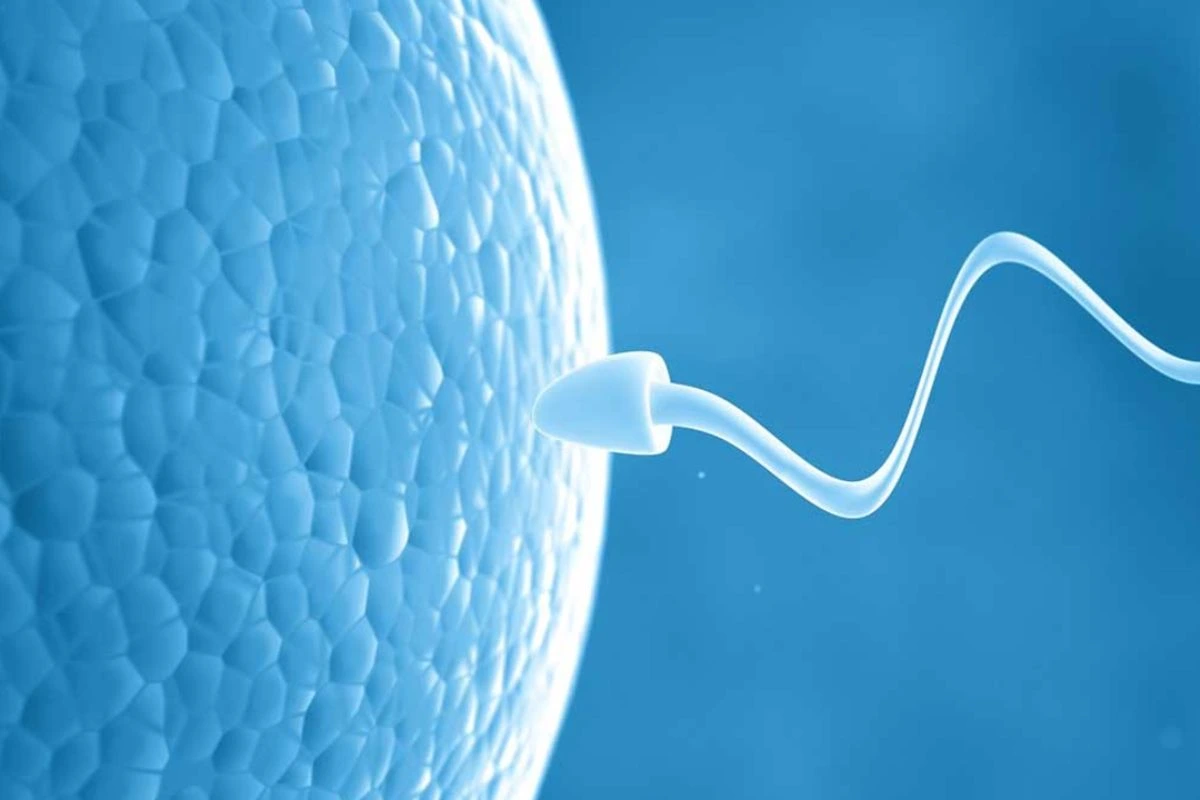Can IVF help with Low Sperm Count?

Low sperm count is a common cause of male infertility, defined as having fewer than 15 million sperm per milliliter of semen. This condition can make natural conception difficult but not impossible. Thanks to advances in reproductive technologies like In Vitro Fertilization (IVF), couples dealing with low sperm count can still achieve successful pregnancies. The Best IVF Treatment in Kenya offers a promising solution for men with low sperm count by providing advanced techniques like Intracytoplasmic Sperm Injection (ICSI), which increases the chances of fertilization. In this detailed guide, we will explore how IVF can help men with low sperm counts and why it might be the best solution for many couples struggling with infertility.
What is Low Sperm Count?
Low sperm count refers to an abnormally low concentration of sperm in a man’s ejaculate. There are two levels of severity:
-
Mild Oligospermia: Sperm count between 10-15 million sperm per milliliter.
-
Severe Oligospermia: Sperm count lower than 10 million sperm per milliliter.
While low sperm count does not eliminate the possibility of natural conception, it significantly lowers the chances because fewer sperm are available to reach and fertilize the egg.
Common Causes of Low Sperm Count
-
Hormonal Imbalances: A disruption in the production of hormones like testosterone can lead to reduced sperm production.
-
Genetic Conditions: Genetic disorders, such as Klinefelter syndrome, can impair sperm production.
-
Medical Conditions: Varicocele (swelling of the veins in the scrotum), infections, or prior surgeries affecting the reproductive organs can impact sperm count.
-
Lifestyle Choices: Smoking, alcohol, obesity, stress, and the use of drugs can reduce sperm count.
-
Environmental Factors: Exposure to environmental toxins, chemicals, radiation, and excessive heat can damage sperm production.
How IVF Works for Men with Low Sperm Count
IVF, a procedure where eggs are fertilized outside the body and then transferred into the uterus, can be especially helpful for couples where the male partner has a low sperm count. It bypasses many natural challenges sperm face in the female reproductive system.
Step-by-Step Process of IVF for Low Sperm Count
1. Sperm Collection and Analysis: Initially, the man provides a semen sample, which is analyzed for quality, motility, and count. Sometimes, sperm may be retrieved directly from the testicles if the count is meager, using methods like Testicular Sperm Extraction (TESE).
2. Intracytoplasmic Sperm Injection (ICSI): ICSI is a crucial component for men with low sperm counts. In this process, a single healthy sperm is directly injected into an egg to maximize the chances of fertilization. This technique is incredibly effective even when the sperm count is meager.
3. Ovarian Stimulation and Egg Retrieval: The female partner undergoes ovarian stimulation to produce multiple eggs. These eggs are retrieved in a minor surgical procedure.
4. Fertilization and Embryo Development: The retrieved eggs are combined with sperm (through ICSI) and monitored for signs of fertilization. The resulting embryos are then grown in the lab for a few days.
5. Embryo Transfer: After selecting the healthiest embryos, they are transferred into the woman’s uterus. The goal is for the embryo to implant, resulting in a successful pregnancy.
6. Pregnancy Testing: A blood test is done two weeks after the embryo transfer to determine if the IVF procedure was successful.
Why IVF with ICSI is Ideal for Low Sperm Count
For men with low sperm count, IVF combined with ICSI offers several advantages:
1. Increases Fertilization Chances: In natural conception, sperm must swim through the female reproductive system to fertilize the egg, which becomes a significant challenge with low sperm count. ICSI solves this by injecting a single sperm directly into the egg.
2. Success with Very Low Sperm Count: Even if only a few viable sperm are present, ICSI ensures that fertilization can still occur. This technique has revolutionized treatment for male infertility.
3. Overcomes Motility and Morphology Issues: Not only does ICSI help with low sperm count, but it also addresses issues related to sperm motility (movement) and morphology (shape). With ICSI, the best-quality sperm is chosen and injected into the egg, increasing the chances of successful fertilization.
4. Genetic Testing of Embryos: IVF also allows for preimplantation genetic testing (PGT), where embryos are screened for genetic abnormalities. This helps ensure that only the healthiest embryos are transferred, reducing the risk of miscarriage and increasing the chances of a healthy pregnancy.
Other Treatment Options for Low Sperm Count
While IVF with ICSI is often the most effective treatment for men with low sperm count, other methods may be considered, depending on the severity of the condition and the couple’s unique circumstances.
1. Intrauterine Insemination (IUI): In cases of mild oligospermia, IUI might be considered. The sperm is concentrated and directly placed into the woman’s uterus during ovulation, which increases the chances of conception. However, IUI success rates are lower for men with very low sperm counts compared to IVF.
2. Surgical Sperm Retrieval: For men with blockages or other issues affecting sperm production, surgical sperm retrieval techniques like TESE or Micro-TESE may be used. These retrieved sperm can then be used for IVF and ICSI.
3. Medication and Lifestyle Changes: In cases where low sperm count is due to lifestyle factors, improving diet, reducing stress, avoiding smoking and alcohol, and maintaining a healthy weight can boost sperm production. Hormonal therapies can also be prescribed to regulate sperm production if hormonal imbalances are the cause.
Conclusion
Dealing with low sperm count can be challenging for couples who wish to conceive, but IVF with ICSI offers a highly effective solution. Through advanced reproductive technology, even men with extremely low sperm counts have a high chance of achieving a successful pregnancy. By working closely with fertility experts, making necessary lifestyle changes, and considering available treatments, many couples find that IVF is the key to realizing their dream of parenthood.
